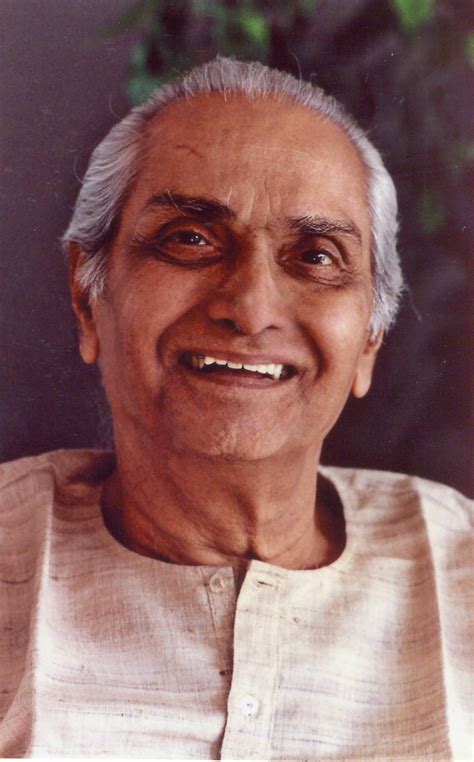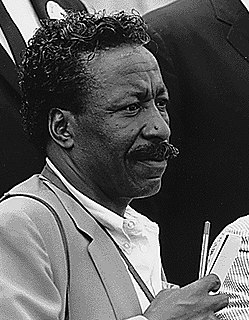A Quote by Frederick Lenz
The world of enlightenment doesn't know of its own existence. We're beyond both the knower and known. There's no conceptual identity whatsoever.
Quote Topics
Related Quotes
No scientist knows the world merely by holding it at arm's length: if we ever managed to build the objectivist wall between the knower and the known, we could know nothing except the wall itself. Science requires an engagement with the world, a live encounter between the knower and the known. That encounter has moments of distance, but it would not be an encounter without moments of intimacy as well. Knowing of any sort is relational, animated by a desire to come into deeper community with what we know.
Finally you come to a point where you almost know it all. You are very wise. You are very pure... except for the fact that you may well have gotten caught in the last trap... the desire to know it all and still be you, "the knower." This is an impossibility. For all of the finite knowledge does not add up to the infinite. In order to take the final step, the knower must go. That is, you can only BE it all, but you can't know it all. The goal is non-dualistic - as long as there is a "knower" and "known" you are in dualism.
Creativity has three layers; the ultimate is the mystic: he lives in a climate of creativity. The poet, once in a while, brings some treasures from the beyond; the scientist, also very rarely, but whenever he can visit the ultimate he brings something precious to the world. But one thing is certain - mystic, scientist or poet, whatsoever comes into this world comes from the beyond. To bring the beyond is creativity. To bring the beyond into the known is creativity. To help God to be manifested in some form is creativity.
A purpose derived from a false premise - that a deity has ordained submission to his will - cannot merit respect. The pursuit of Enlightenment-era goals - solving our world's problems through rational discourse, rather than through religion and tradition - provides ample grounds for a purposive existence. It is not for nothing that the Enlightenment, when atheism truly began to take hold, was also known as the Age of Reason.
By meditation we try to slow down the mechanism of projections. If the mechanism is slowed down and even for a single moment you begin to be aware of the gap - imageless gap of the screen - you have the glimpse. Suddenly you know that you have lived in the dreams of your own creation; and whatsoever you have known as the world was not the world really, it was YOUR world.
When you continuously know and sense yourself as the space of consciousness rather than what appears in consciousness - sense perceptions, thoughts, emotions - then it can be said that you are enlightened... except that you wouldn't think or speak of yourself as 'enlightened', because that would instantly create another mind-based conceptual identity and so it would be the end of 'your' enlightenment.































